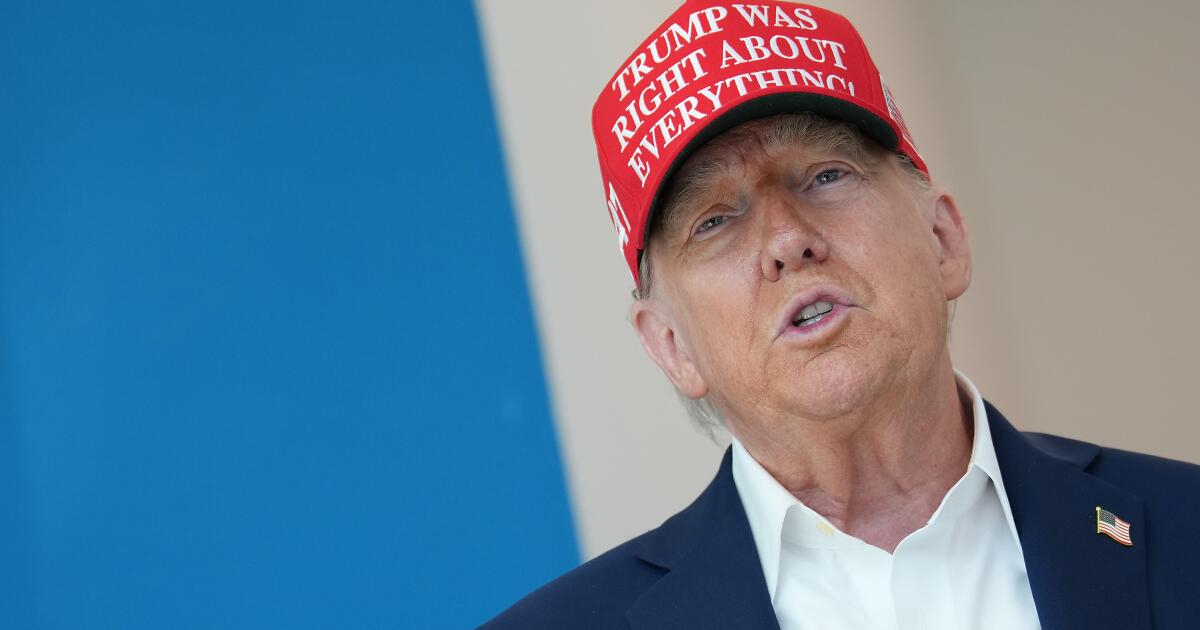SEOUL (Reuters) – North Korea has shipped about 6,700 containers carrying millions of munitions to Russia since July to support its war against Ukraine, in a sign of ongoing arms transfers, South Korean media reported on Tuesday, citing the defence minister.
At a briefing on Monday for local media, Minister Shin Won-sik said the containers might carry more than 3 million 152 mm artillery shells, or 500,000 122 mm rounds.
“It could possibly be a mix of the two, and you can say that at least several million shells have been sent,” Shin said, according to the Yonhap news agency.
Hundreds of North Korean munitions factories are running at around 30% of their capacity due to a lack of raw materials and electricity, but those producing artillery shells for Russia were operating “at full swing,” he added, without elaborating on the source of the information.
Seoul and Washington have accused Pyongyang and Moscow of trading arms and condemned the North for supplying weapons to Russia for use against Ukraine. Both countries have denied it even as they pledged to strengthen military cooperation.
The U.S. State Department, in a fact sheet released on Friday, said that North Korea has delivered more than 10,000 containers of munitions or related materials to Russia since September.
In exchange, North Korea has received some 9,000 containers mostly containing food supplies, which Shin said has helped stabilise prices there.
An official at Seoul’s defence ministry said it could not confirm the numbers, but quoted Shin as saying that Russia has sent nearly 30% more containers since July to North Korea than the has North shipped.
Shin said North Korea could fire another satellite as early as next month as Moscow continued to provide technical aid, and Pyongyang has also asked for assistance with aircraft and ground mobility equipment technology.
“It is unclear how much Russia will give, but the more dependent Russia gets on North Korean artillery shells, the greater the degree of Russian technology transfers will be,” he said, according to Yonhap.
(Reporting by Hyonhee Shin; Editing by Sharon Singleton)
